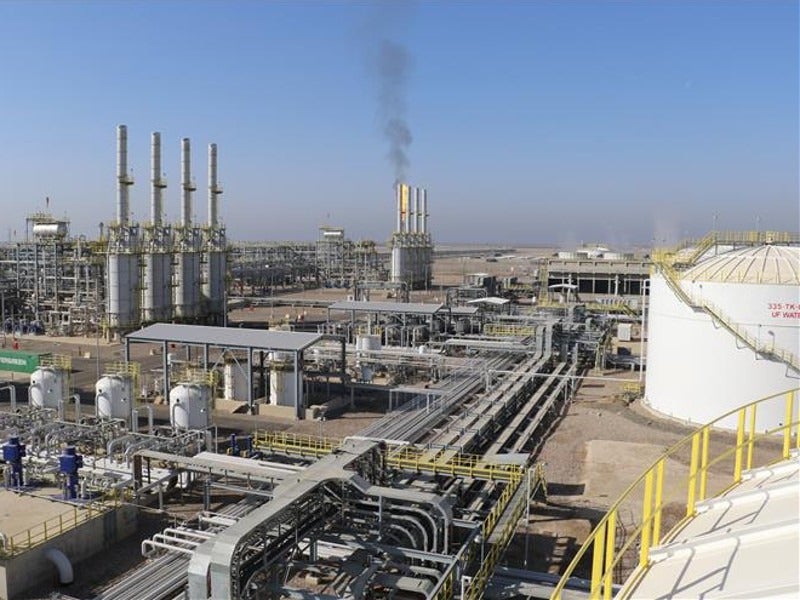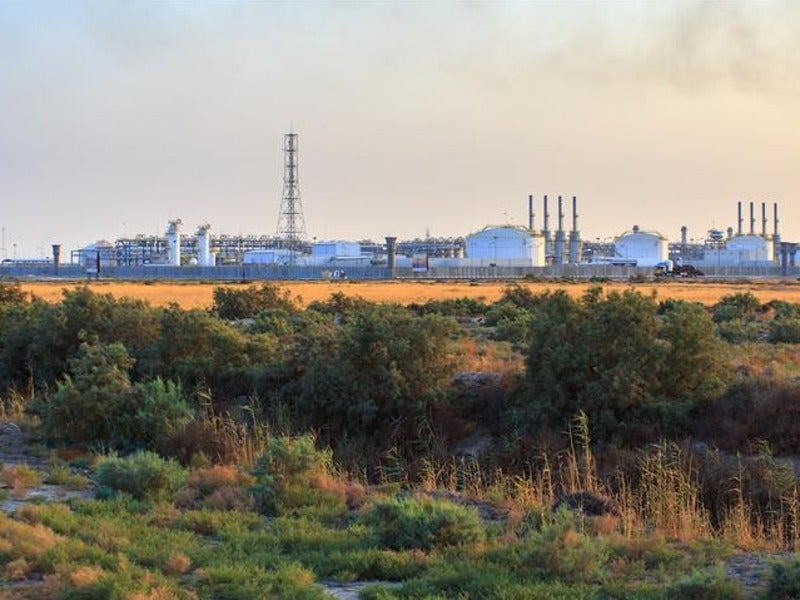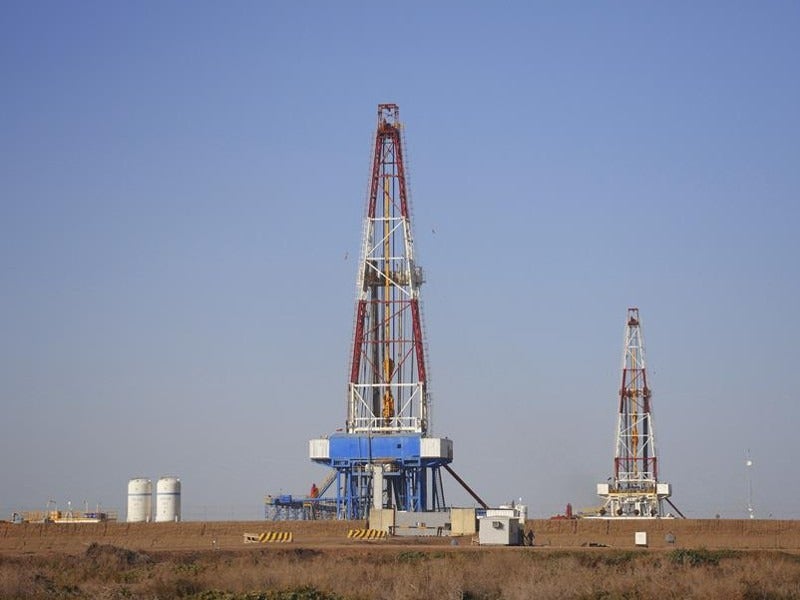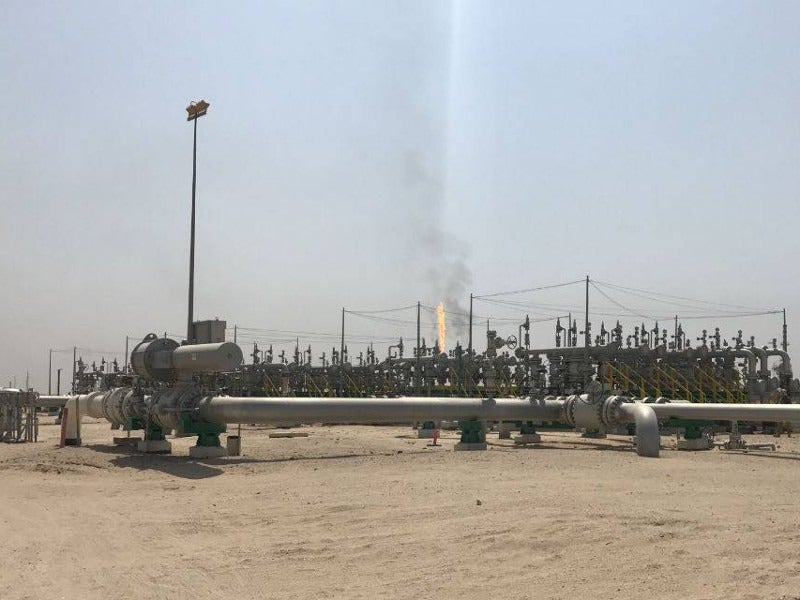West Qurna-2, located near Basra, Iraq, is one of the world’s biggest onshore oilfields. The project is owned and operated by Lukoil (75%) and North Oil Company (NOC, 25%), the state-owned company of Iraq.
The onshore project is being developed in two phases, the first of which was commissioned in March 2014. As of April 2019, total production from the first phase of the project was 100 million tonnes of oil.
The second phase, scheduled to begin production by 2020, is expected to increase the project’s production capacity from the current 400,000 barrels oil per day (bpd) to 480,000bpd. Lukoil and NOC target to achieve a total production capacity of 800,000bpd at the field by 2025.
The drilling work for the oil production wells associated with the second phase development were commenced in February 2019.
West Qurna-2 oilfield discovery, location, and reserves details
Covering an area of 340km², the West Qurna-2 oilfield lies 65km away from Basra in southern Iraq. It was discovered in 1973 by the geologists associated with the Soviet Union.
The oilfield is estimated to hold total recoverable reserves of approximately 13 billion barrels within the Mishrif and Yamama formations.
West Qurna-2 project background
The initial development for the oilfield was commenced in 1997, but halted mid-way due to the US’ sanctions against Iraq in 2002.
The project was, however, resumed in December 2009, when a consortium of Lukoil and Statoil was awarded the development contract by the Iraqi government.
A development and production agreement was signed for the project in January 2010, for a period of 20 years with scope for five-year extension. The agreement was signed between Lukoil (56.25%), Statoil (18.75%), and North Oil Company (25%). In May 2012, Statoil exited the project by transferring its stake to Lukoil.
A supplement agreement pertaining to the development contract was signed in January 2013 in order to achieve a production capacity of 1.2 million barrels of oil per day for a period of 19.5 years along with a contract term extension by five more years, to 25 years.
The construction on the first phase of West Qurna-2 project was commenced in April 2012. A new development plan was signed for the second phase development of the field in May 2018.
West Qurna-2 field development details
The first phase development of the West Qurna-2 field included the installation of a central oil processing facility (CPF) with a capacity of 400,000bpd. The CPF produces oil from 48 development wells associated with five well pads.
The field infrastructure includes oil storage tanks with a total capacity of 198,000m³ at the Tuba Tank Farm, located 60km away from the Basra City. Other auxiliary infrastructure include a 126MW gas turbine power, 33kV/132kV gas-insulated switchgear, water treatment facility, fuel gas extraction system, drainage systems, a field camp, additional flow lines, and access roads.
The second phase of the project will involve the drilling of 54 new production wells in the Mishrif formation and three wells in the Yamama formation along with associated oil processing facilities.
Transportation of oil from West Qurna-2
The oil produced from the West Qurna-2 project is exported to the oil markets via the Tuba-Fao pipeline project, which was launched following the signing of an addendum to the development contract in June 2014.
Two 120km-long pipelines were laid to export the produced oil to the Tuba Tank Farm as well as the Fao Tank Farm located on the Persian Gulf Coast.
Contractors involved
Samsung Energy was awarded a construction contract, worth $998m, by Lukoil for the main oil production facilities associated with the first phase of the project.
Enka Insaat was contracted for providing the gas power plant for the project, while General Electric (GE) Oil and Gas provided the gas turbines.
A consortium of Enterpose Contracting and Rosco was responsible for the construction of the oil storage tanks associated with the project at the Tuba Tank Farm.
In September 2018, SNC-Lavalin signed a framework agreement to provide engineering, design and project support services associated with the second phase of development of the field.
SICIM was awarded the engineering, production and construction (EPC) contract for the well pads expansion and to connect the existing wells to the second phase development project.
Flenco, Artnivo, and Bonatti International were also involved in the project.






